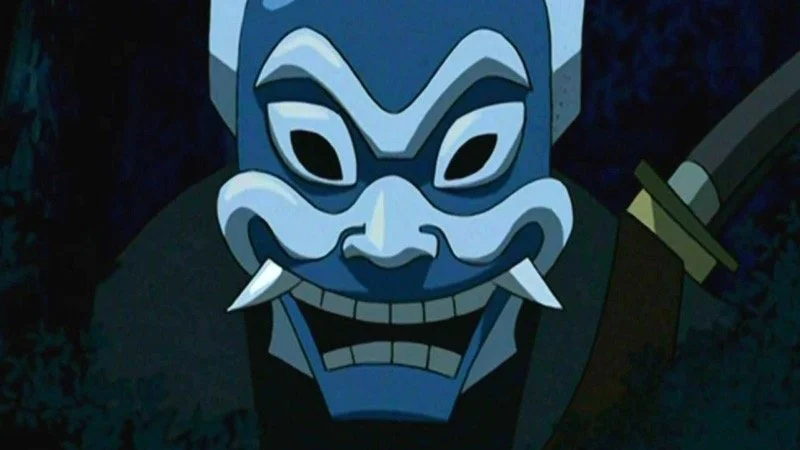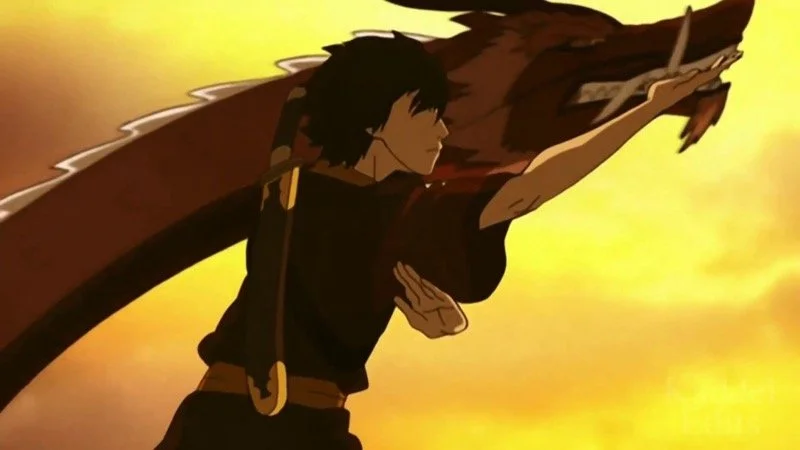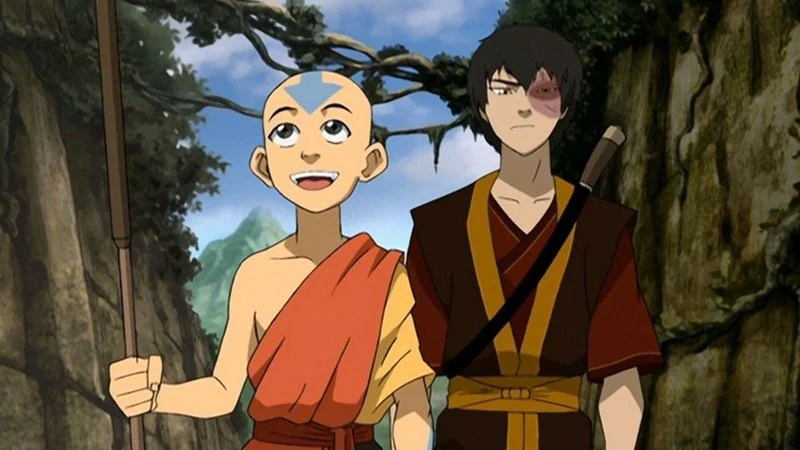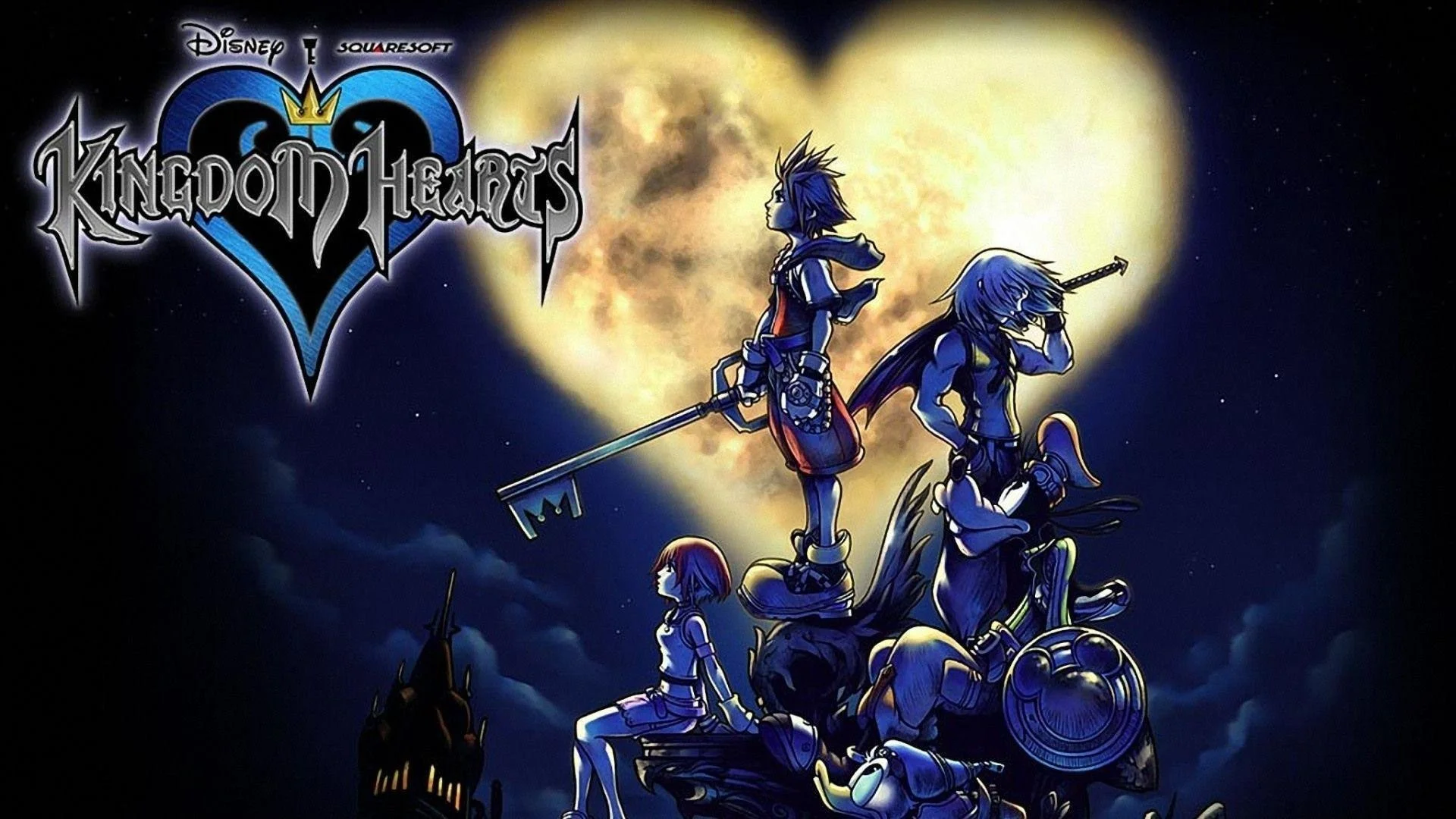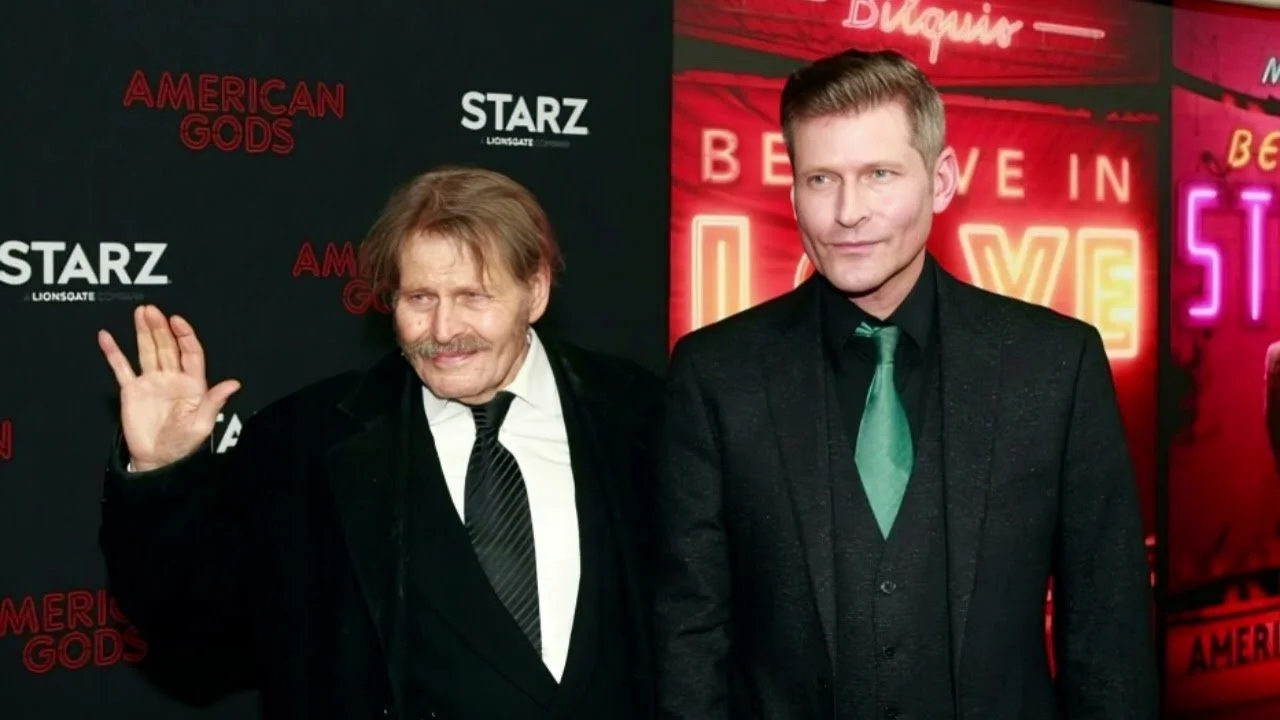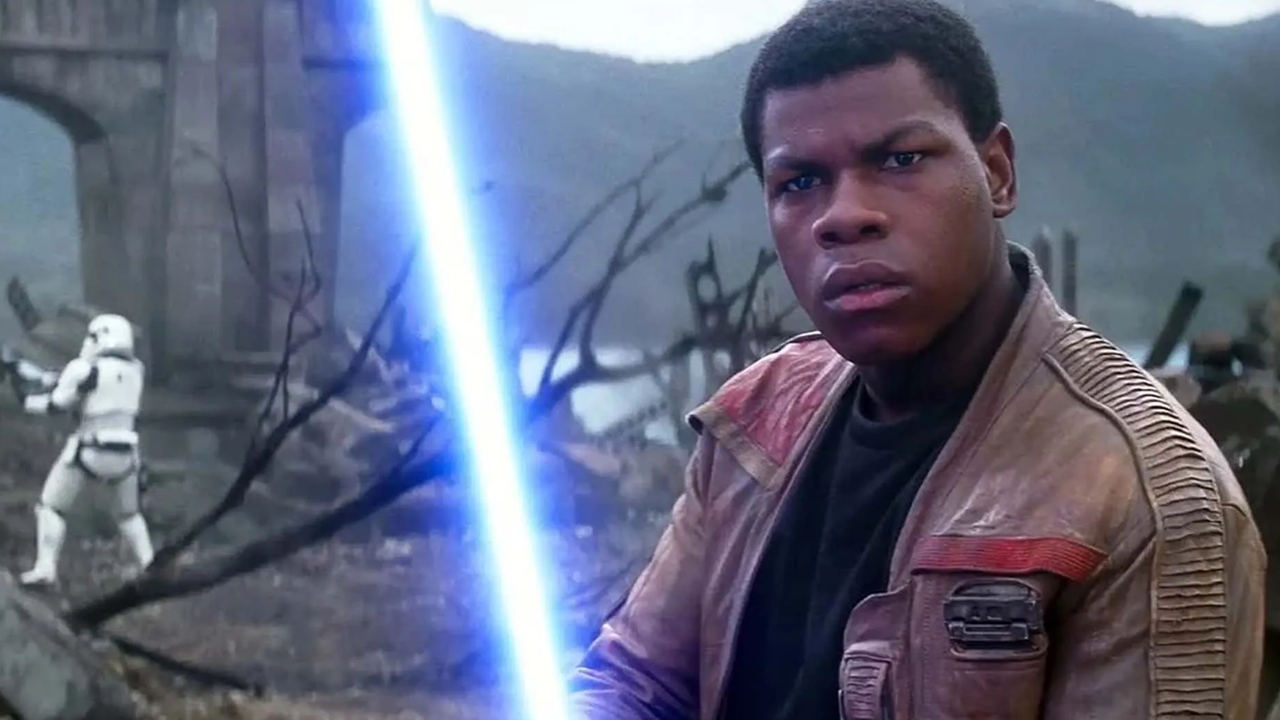Why Zuko Is The Best Redemption Story Of All Time
Image Source: CultureSlate
Each rewatch of Avatar: The Last Airbender proves how timeless the series is. Zuko is one of the show’s strongest characters. In the first season, he is the main villain, but the show never encourages its viewers to hate him. Rather than using his Uncle Iroh as a vehicle, the show convinces Zuko’s soldiers and the audience of his humanity. With his soldiers on the edge of mutiny, Iroh explains how Zuko received his scar and lost his honor. Zuko criticized a military strategy that would put the troops at risk. In criticizing the military, his father, Fire Lord Ozai, challenged him to an Agni Kai, the Fire Nation’s version of a duel. Zuko lost the duel and was banished, ordered never to come home until he captured the Avatar. The bottom line of Iroh’s story is that the Avatar gives Zuko hope.
Hope alone is enough to distinguish Zuko from his ruthless father and his ambitious sister. At this moment, the audience is convinced that if anyone captures the Avatar, it will be Zuko thanks to his determination which is grounded in hope. Signs of Zuko’s eventual turn are present from the initial season as well. When Zhao captures Aang, Zuko dons the mask of the Blue Spirit and rescues him from his clutches.
RELATED:
Image Source: Looper
By the second season, Zuko has abandoned his quest to capture the Avatar. Instead, he and his uncle enter the Earth Kingdom as refugees looking to start a new life. In “Zuko Alone,” Zuko befriends an Earth kingdom family, helps them with chores around the house, and protects them from criminals. However, he has to balance his new identity with his identity as the banished prince. When he finally reveals himself, the family turns on him as Firebenders have terrorized the world over the past century. The episode ends with him stealing an ostrich horse yet he feels enough guilt to lay some coins aside for the family’s inconvenience.
While Iroh is fully open to a new life in a new nation, he spends much of his time convincing Zuko to open up to it as well. At a crossroads, Zuko discovers the Avatar’s sky bison chained below Lake Lagoi. In an uncharacteristic move, he sets him free knowing chasing the Avatar would be that much harder. This move is so against everything that Zuko has been taught by his father, that it drives him to physical sickness. The voices of his uncle Iroh and his sister Azula are at war in his head, signaling a much older, deeper war inside his soul. In the second season finale, he winds up in a prison with Katara. They share a bonding moment over what the Fire Nation has cost them: namely, their mothers. However, when Azula shows up and Zuko is forced to choose between her and his uncle, he chooses his sister, who is then able to bend lightning to land a life-threatening blow on Aang.
Image Source: Dailymotion
This failure to commit to the right thing makes Zuko’s eventual redemption much more believable. Real life is messy like that. Things aren’t always black and white, and even if they are, real people are often morally colorblind due to extenuating circumstances. Zuko is fighting not only against his nature as the son of a ruthless dictator but against the indoctrination he received as a member of the Fire Nation, and his sheltered life as its prince. For three years he was dreaming of returning home and finally had a chance, so he took it, but it cost him greatly. Zuko’s betrayal of his uncle is a major source of agony for him throughout the third season.
In “The Beach,” Zuko has a revelation about why he can’t bring himself to be happy that he’s no longer banished but the Crown Prince next in line to be Fire Lord. He realizes that he’s angry with himself. He visits his uncle in prison who eventually reveals to him his inner struggle. Zuko is the son of Ozai and the grandson of Sozin who started the war 100 years ago by wiping out the Airbenders. But Zuko is also the grandson of Avatar Roku, whose job was to bring balance to the world. Faced with this reality, Zuko chooses to leave the Fire Nation behind and help the Avatar defeat the Fire Lord by teaching him firebending.
Image Source: Paramount Plus
When he finally catches up to the Avatar, he is not well received. He had been chasing them throughout the past two seasons putting their lives at risk at nearly every turn. Aang, having known him as the Blue Spirit, is most willing to give him a chance. Appa, the sky bison he rescued, seems open too, but the rest of the team, especially Katara, remain hostile to him. He has to prove his word and earn his redemption. It’s not enough to just walk up and say he’s sorry. He starts by rescuing them from an assassin he hired to kill them. The team warms up a little but they’re still skeptical. Katara reminds him that she trusted him once before and he betrayed them. She’s not willing to make that mistake twice. In a series of episodic adventures, Zuko goes on “field trips” with members of Team Avatar to slowly gain their trust and their grace. He helps Sokka break his father out of the Fire Nation’s answer to Alcatraz. He journeys with Aang to discover the lost secret of the Sun Warriors. Most importantly, he journeys with Katara to face the man who killed her mother. The team all come to forgive him and trust him as they prepare for the final battle.
Zuko’s final step toward redemption is facing his uncle, who welcomes him back with open arms and an open heart. He tells Zuko he was afraid he lost his way. Zuko’s redemption wasn’t a clear path from bad to good. It was like one step forward and two steps back. It was messy, painful, and realistic. Zuko’s crimes weren’t hand-waved away like so many villains in other media. No, he had to face up to his actions. His redemption wasn’t a momentary uncharacteristic moment. He had to fight for it. He had to earn it, and because he completed that journey, he became the Fire Lord who would make peace, not war.
READ NEXT:
Source(s): Avatar: The Last Airbender Wiki


